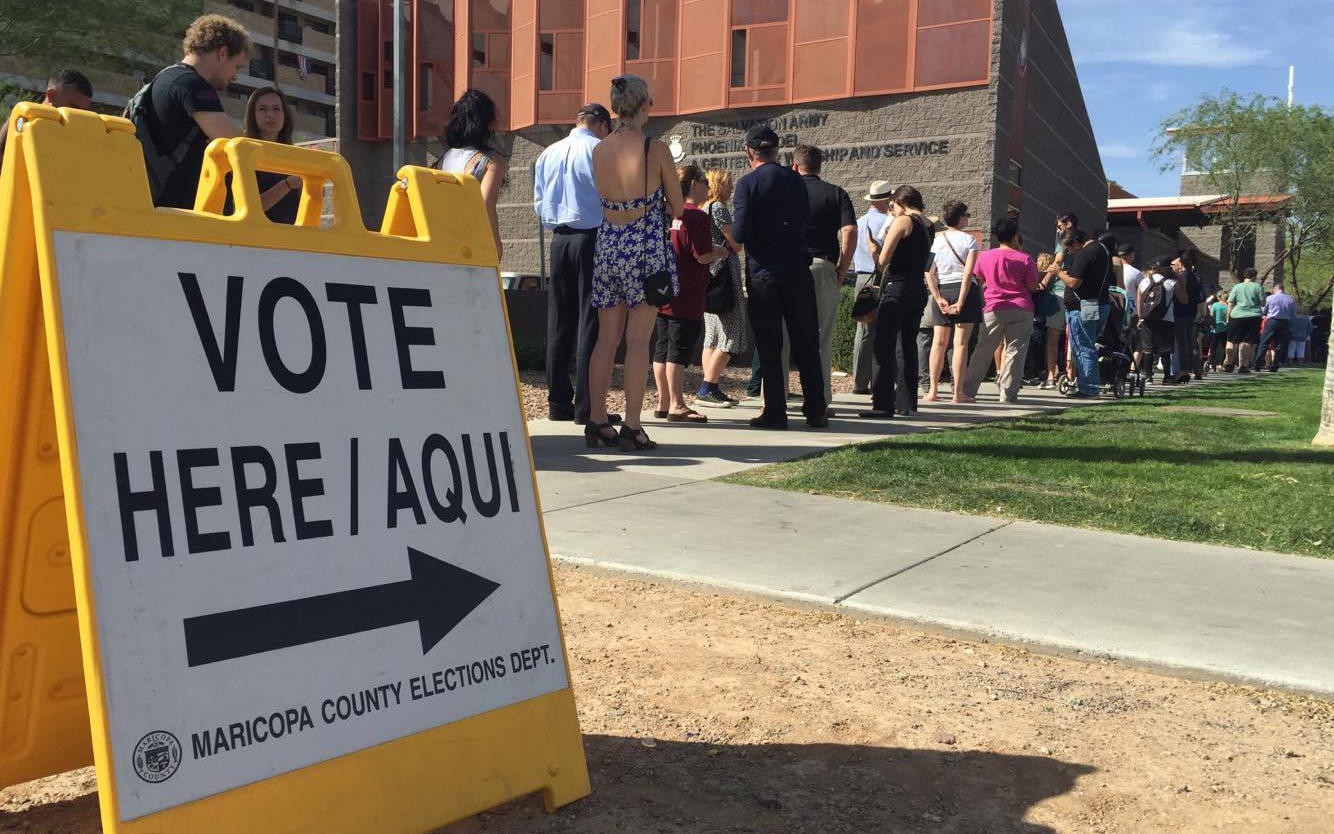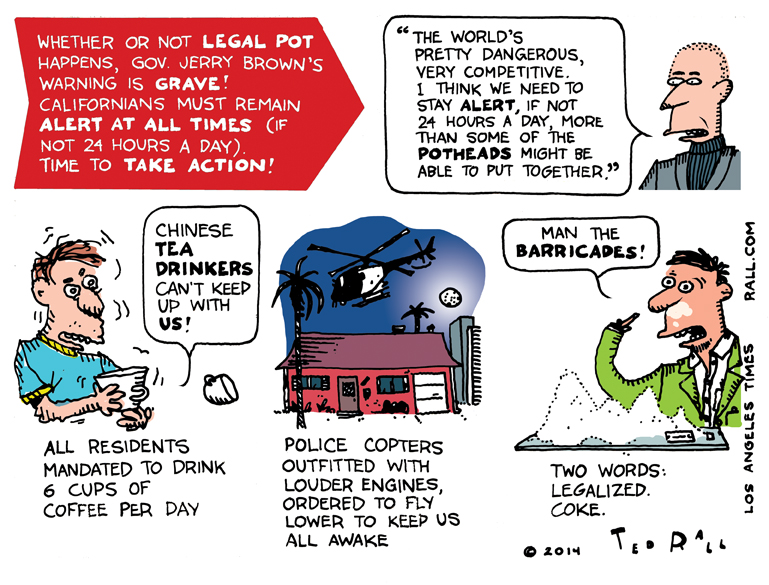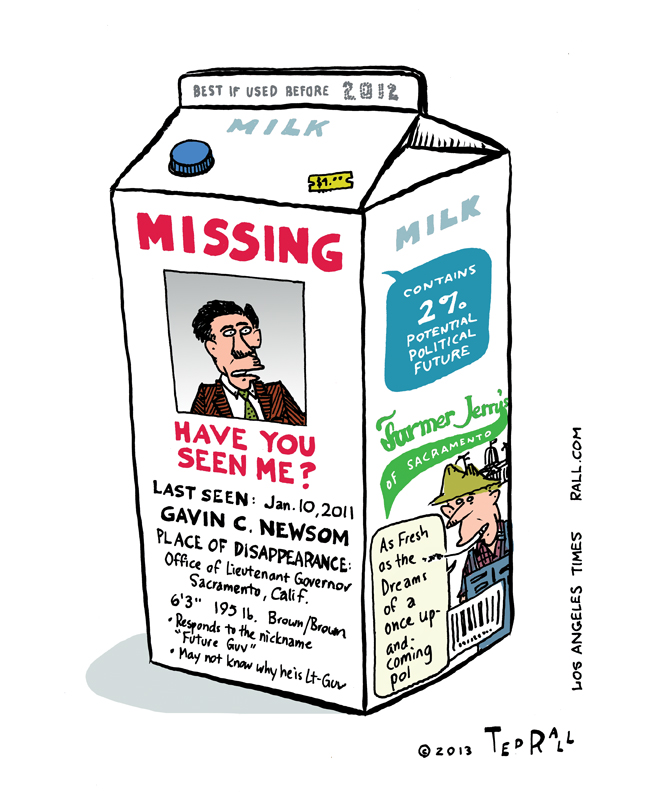
Who are you going to believe: us, or your lying eyes? That’s the good word from Democratic Party powers that be and their transcribers in the corporate media, in response to the “allegations” by Bernie Sanders supporters that the nomination was stolen by Hillary Clinton.
I used scare quotes around the word “allegations” because the truth is plain to see and undeniable by anyone with a microgram of honesty: Hillary Clinton cheated. If the rules had been followed, Bernie Sanders would be the nominee.
As with all things Clinton, of course, definitions matter. It depends on what the meaning of “cheat” is.
To most people, “cheating” means breaking the rules of a contest. By this standard definition, there’s no doubt that the Clinton campaign, its political allies and the Democratic National Committee cheated in favor of Clinton and against Sanders. They broke the law. They disenfranchised voters. They broke party rules. And they violated long-standing customs that are so widely accepted that they are essentially de facto rules of the Democratic Party and the American political system.
Bernie Sanders, on the other hand, ran a clean campaign.
Like many other voters, I subscribe to a somewhat broader definition of cheating in political elections. To me, Richard Nixon-style “dirty tricks” – the disgusting tactics George W. Bush used against John McCain in South Carolina in 2000 – rise to the level of cheating because they deny voters the facts that they need in order to make an educated decision in the voting booth. Daniel Patrick Moynihan famously said that people are entitled to their own opinion, not their own facts, and outright lies about your opponent’s – and your own – positions and experience not only violate Moynihan’s dictum but constitute the essence of cheating in the political arena.
If Hillary Clinton manages to dodge both an Emailgate-related indictment as well as fallout from her husband’s corrupt tarmac rendezvous with the now-tainted Attorney General Loretta Lynch for the next few weeks and formally secure the nomination she’s been working on since at least the year 2000, it will be a historic moment for identity politics. But it is absolutely imperative that no one watching the first woman to accept the presidential nomination of a major American political party be fooled into believing that she did it on the up and up.
Hillary Clinton did not run a clean campaign.
She cheated.
If we want to be the kind of country that doesn’t care about that sort of thing, if fair play isn’t an American value, fine with me. But let’s go into this general election campaign with our eyes wide open.
Caucus after caucus, primary after primary, the Clinton team robbed Bernie of votes that were rightfully his.
Here’s how. Parties run caucuses. States run primaries. The DNC is controlled by Hillary Clinton allies like chairman Debbie Wasserman Schultz. Democratic governors are behind Clinton; state election officials report to them. These officials decide where to send voting booths, which votes get counted, which do not.
You thought this was a democracy? Ha.
In the first in the nation Iowa caucus, Bernie Sanders pulled off a surprising tie where he was expected to lose badly — Hillary won by just 0.2%. However, party officials never bothered to send vote counters to the most rural parts of the state, where Bernie was favored over Hillary. About 5% of Iowa caucus votes were never counted. At other caucus sites, Democratic officials loyal to Hillary purposefully undercounted Sanders caucusers. No doubt about it, Bernie should have won that one, as well as votes in other states that would have been affected by a big Sanders upset.
Voters in pro-Sanders precincts in Arizona faced long lines because pro-Hillary elections officials didn’t provide enough voting booths. With lines of three hours or more still to go, the media called the state for Hillary.
New York State was arguably the most important contest of the primary season. Had Bernie Sanders defeated Hillary Clinton in her adopted home state where she had served 1 1/3 terms as senator, he would have dealt her campaign a blow from which she might never have recovered, along with a pile of delegates. Because of her local roots and the fact that New York was a closed primary state in which independence were not allowed to vote, it was a long shot for Bernie. But like the LAPD in the O.J. Simpson case, the Clinton team wasn’t taking any chances.
Did they drop a line to Governor Andrew Cuomo, who endorsed Clinton? Or did state elections officials act on their own initiative? Either way, Bernie Sanders stronghold, the borough of Brooklyn where he was born, was targeted for massive voter suppression. At least 125,000 New Yorkers were illegally purged from the rolls, had their votes lost/thrown away, or were not permitted to vote due to broken voting machines – all in Brooklyn.
Even Mayor Bill de Blasio, who endorsed Clinton, was angry. “It has been reported to us from voters and voting rights monitors that the voting lists in Brooklyn contain numerous errors, including the purging of entire buildings and blocks of voters from the voting lists,” De Blasio said. “The perception that numerous voters may have been disenfranchised undermines the integrity of the entire electoral process and must be fixed.”
The skullduggery continued through the last major primary, California. The night before, the Associated Press put its thumb on the scale, declaring Hillary the nominee in an epic act of voter suppression. Who knows how many Sanders voters decided to stay home once they heard it was all over?
Hillary Clinton was declared the winner by a substantial margin, but after it turned out that state election officials, who report to Governor Jerry Brown, who endorsed Clinton, didn’t bother to count a whopping 2.5 million provisional ballots. According to investigative journalist Greg Palast, the nation’s leading expert on the manipulation of elections, Bernie Sanders actually should have won the state of California along with the majority of its delegates. (Disclosure: I work with Palast as a Fellow of his Investigative Fund.)
One of the most disreputable moves of the campaign was the Associated Press poll of party superdelegates, party insiders who are allowed to vote for whoever they want but, because they are party insiders, inevitably support the establishment candidate. Truth is, the superdelegate system itself is official cheating. But the AP survey made a terrible system even more deadly to democracy.
If they cared about free elections, the superdelegates wouldn’t have stated their loyalty in public. The DNC ought to have told superdelegates that they would lose their status if they expressed their opinions before the convention. As it was, Bernie Sanders started the race miles behind the finish line.
The only way Bernie could have caught up would have been to have scored one landslide win after another. As it was, he came close to doing that. His surprising early momentum, big rallies and popularity with younger voters might have convinced superdelegates to back him, but after they told the AP they were for Hillary Clinton, it was too late for them to change their minds.
I’m out of space. So I can’t get into the DNC’s attempts to deny Bernie Sanders airtime in the form of widely seen debates against Hillary Clinton, her ridiculous claim that she supported Bernie’s $15-an-hour federal minimum wage at the same time that her website confessed that she didn’t, the Nevada Democratic convention in which Sanders supporters were denied seats by Clintonites in charge and then falsely accused of violence, and Clinton’s sleazy “I was for the TPP before I was against it, and now that the primaries are over, I’m for it again” gambit.
That stuff isn’t the usual hardball.
It’s cheating.
(Ted Rall is the author of “Bernie,” a biography written with the cooperation of Democratic presidential candidate Bernie Sanders. His next book, the graphic biography “Trump,” comes out July 19th and is now available for pre-order.)


